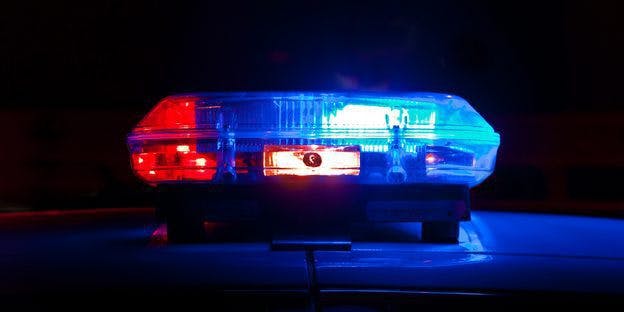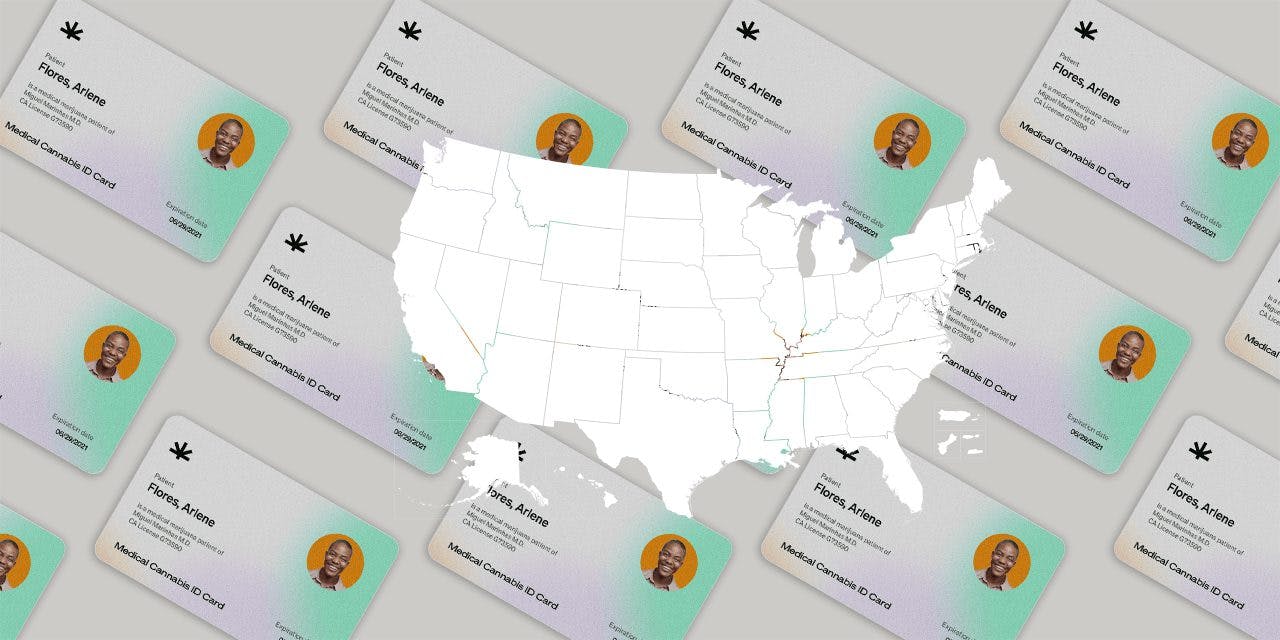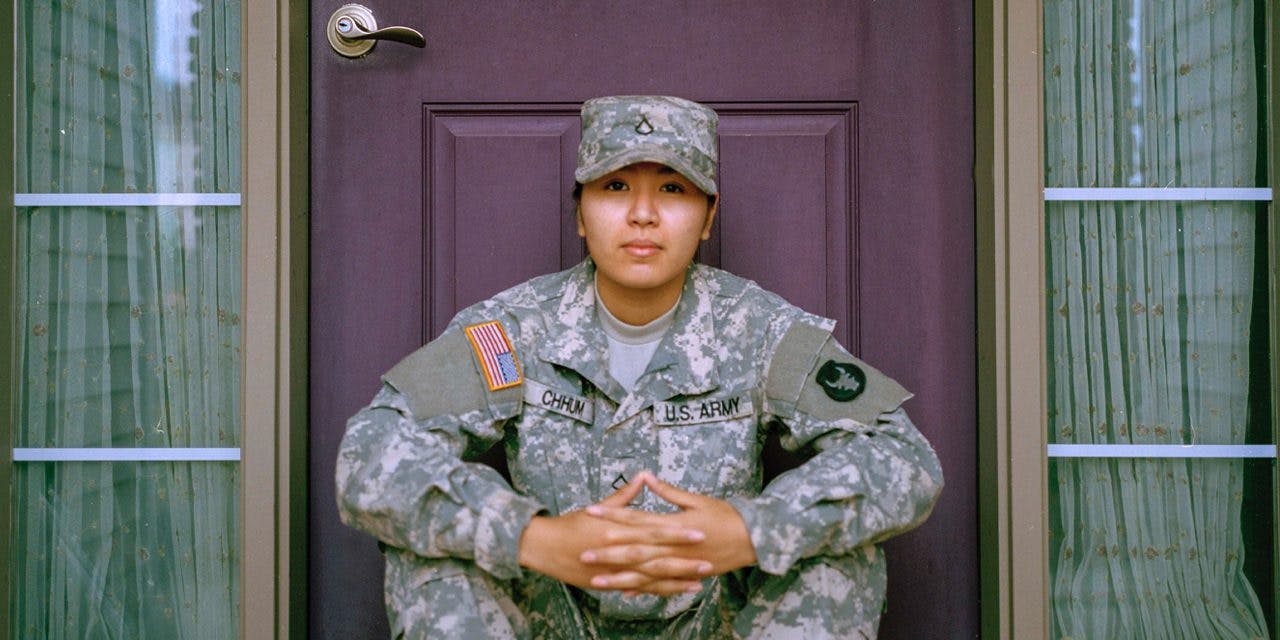Can Police Officers, Firefighters, and EMTs Use Cannabis?

Article written by

Shanti RyleContent Writer
Content reviewed by

Dr. Lewis JasseyMedical Director - Pediatric Medicine
Most first responder jobs involve strict drug testing requirements, which inhibits many individuals from using cannabis if they want to work as a police officer, firefighter, or emergency medical technician (EMT). Both cannabis use and even possession of a medical marijuana card could disqualify you from joining or maintaining employment in these categories.
However, emerging state laws and protections have covered some ground to protect first responders if they’re using medical cannabis. Learn more about how medical marijuana laws on both a state and federal level factor into medical cannabis use.
Can Police, EMTs, and Firefighters Use Cannabis?
Several tiers of regulations govern whether first responders can use medical marijuana. The highest tier involves federal law. The U.S. government bars individuals using illegal drugs – including cannabis – from owning and using firearms, except those issued by a governmental agency (such as a local police force). As such, cops are stuck between state and federal laws regarding cannabis use for medical conditions.
At the state level, most police departments adopt a zero-tolerance policy regarding medical marijuana. Law enforcement officers and correctional personnel are expected to possess and use firearms and ammunition, which consuming cannabis could feasibly impair.
Of the 38 states that have legalized medical marijuana, only five – Connecticut, Montana, Nevada, New Jersey, and New York – have passed laws protecting employees from being fired for recreational marijuana use. Twenty-one states protect medical cannabis patients from termination because of their status as medical users. However, the prevailing opinion is that police officers should not use cannabis.
Similar regulations govern whether firefighters and EMTs can use medical cannabis. In increasing jurisdictions, state lawmakers are considering medical cannabis cardholders to have a per se disability under state law, which means the American Disability Act and all its protections apply to them and protect them from adverse action or unlawful termination. However, the law does not protect employees considered impaired due to cannabis consumption in the workplace, nor does it protect those roles governed by the Drug-Free Workplace Act of 1988.
The ability to respond 24 hours a day to emergencies also complicates the matter, as an off-duty EMT or firefighter could suddenly be called upon to respond to an alarm and risk being impaired by cannabis at that time, which is grounds for disciplinary action. For EMTs, if your ambulance is a federal contractor, you must abide by federal rules; if not, you may still be subject to an employer’s drug-free policy.
Joining Law Enforcement with a Medical Card
In a growing number of states, past cannabis use or possession of a medical marijuana card will no longer disqualify a candidate from joining law enforcement. Chicago’s police department, for example, stopped reviewing the marijuana history of their applicants once Illinois legalized cannabis for adult use. However, in this example, a positive drug test for THC would impact the law enforcement candidate’s eligibility to apply.
In short, most law enforcement agencies don’t tolerate cannabis use, even when off duty. Outside of the few states mentioned above that provide specific regulations protecting law enforcement’s medical marijuana use when off duty, most states have a zero-tolerance policy regarding cannabis and won’t allow you to join.
Download Free Guide to THC
Can You Be Fired as a First Responder for Using Cannabis?
First responders who use cannabis on the job absolutely face valid grounds for termination. Police officers, firefighters, and EMTs demand full cognitive attention for their jobs, and cannabis use can impair judgment and motor skills. Working on the clock while under the influence of medical marijuana puts individuals at risk of losing their job.
For off-hours cannabis use, most police departments still operate with caution, fearing that the psychoactive effects of cannabis could “spill over” from home to work, especially with the possibility of a sudden call to work. To be most careful, it’s probably best that first responders refrain from using medical marijuana.
The states specified above, however, are driving the changing conversation around medical marijuana use after hours, mainly if first responders use CBD oil with less than 0.3% THC, which is federally legal. While many precedents and changes to the law are still needed, these rulings provide the framework to protect first responders seeking to use medical cannabis as a treatment option.
The Bottom Line
Laws vary state by state, but each state rolls into federal law. Therefore, police officers, state firefighters, and government-contracted EMTs should err on the side of caution and not use medical cannabis before applying or when on the job.
It’s possible for first responders who fail a drug test to face disciplinary action, even though some police forces allow personnel to use medical cannabis off-duty. EMTs who require cannabinoid-based medications to reduce intake of other, harsher prescription medications may prefer to use CBD isolate or broad-spectrum CBD without the THC to reduce the chances of failing a drug test.

